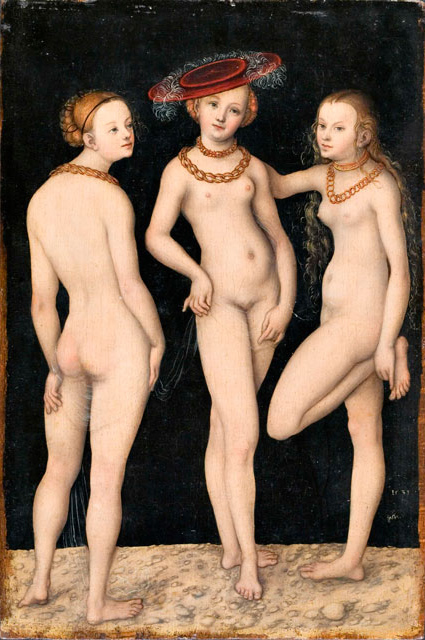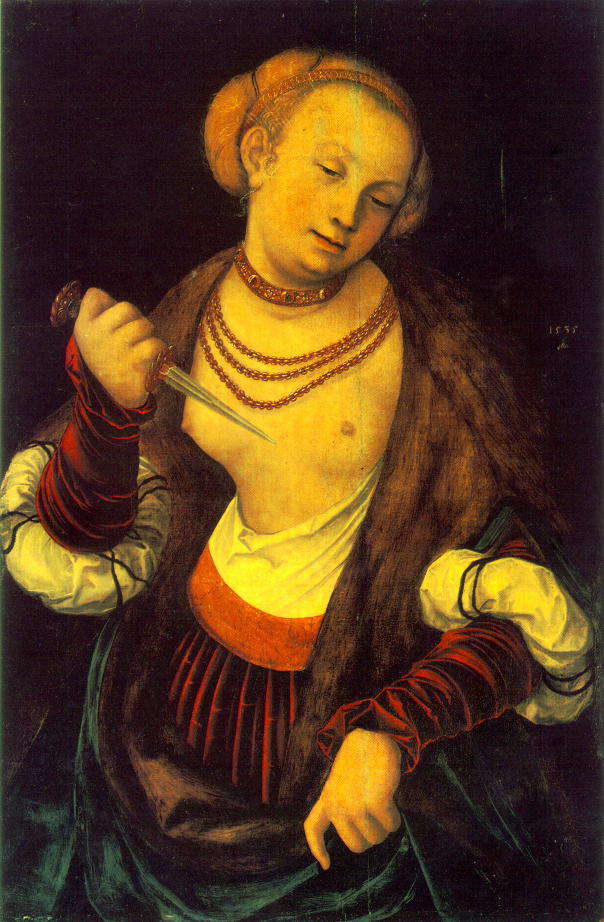![]()
The Charlotte News
Wednesday, January 12, 1944
FOUR EDITORIALS
![]()
![]()
Site Ed. Note: The front page reports that the First Ukrainian Army under General Nikolai Vatutin, a picture of whom appears on the page, had captured Sarny, 35 miles within the old Polish border, after crossing the Sluch River. Sarny was a key rail junction which afforded General Vatutin a pivot, the right flank of which was protected by the Pripet Marshes, by which he could seek the rail centers at Shepetovka, Rovno, Zhemerinka, and Prosherov. A force was already driving southwest of Novograd-Volyinski on Shepetovka against crumbling Nazi resistance. German and Hungarian troops were surrendering in droves.
Towns north and south of Sarny had also been captured, effectively cutting off the rail route through it as means of supply to the Nazis, forcing them to utilize in its stead the line running through Brest-Litovsk 135 miles west.
In Italy, the Fifth Army took Cervaro, four miles southeast of Cassino, as well important heights in the area. Again foul weather plagued the Adriatic front, preventing activity beyond patrols for the Eighth Army.
The RAF and Fifteenth Air Force struck in dual night and day air raids against Piraeus, the port of Athens.
The Eighth Air Force, in one of the largest American raids of the war, had with a benighting force of 700 bombers the day before attacked Halberstadt and Magdeburg in Germany, with a feint, to draw off Luftwaffe fighters, against the outskirts of Berlin, a hundred miles to the north of the targeted cities.
The raid, however, lost fully 59 bombers and five fighters, an unusually heavy toll for any raid, but especially so for recent missions with far fewer losses during the previous two months since larger fighter escorts had been accompanying missions while German defense capability had sputtered. The reason for the sudden high rate of loss was not provided, but likely resulted from a high concentration of Luftwaffe fighter planes around these industrial targets. Confirming that probability, more than a hundred German planes were shot down during the raid.
In the Pacific, the Allies were nearing control of the Huon Peninsula with the Australians having forded the Bari River, bringing them to within 60 miles of the Americans at Saidor.
At Cape Gloucester on New Britain, the Marines made slight progress toward the key objective of Hill 660, protecting the airfield, and resisted a counter-offensive by the enemy south of Borgen Bay.
Congressman Ranulf Compton of Connecticut was reported to have received from a Navy lieutenant fighting in the Pacific a letter which described the lowering of morale occasioned by behavior on the home front, from the strikes to the virtual banning of Esquire Magazine from the mails by Postmaster General Frank Walker in denying it the enjoyment of magazine postage rates.
As to the latter, the lieutenant had related poignantly that a soldier had been shot by the Japanese while rescuing from his tent a picture of a Vargas Girl torn from the magazine, not wanting the image to fall into the hands of the enemy. He was clutching the picture in his hand as he lay dead in his foxhole.
Eloquently said the lieutenant, "These boys have so little; they have and hold foremost their memories, they eat and sleep as catch can; they work and die gladly for a people, a nation, an ungrateful America." He continued, "We are being sold out by the American people who are not honestly making an effort to maintain things as they were."
To that, the moralist might say that the soldier seeking his pornographic study from his tent got what the Lord willed he should for being involved in unrighteous lust of the flesh while his mind should have been properly on killing his enemy.
In rejoinder, the sensitive might retort that he died in the grip of the aesthetic, protecting his last treasure, his art, and that his memory lives on in that quixotic gesture. Would it were that all soldiers, that all of us could enjoy such a graceful death as that, to fight for a cause laid long ago forgotten, save by the soldier who wanted to keep his girl safe from the enemy. Such is war; such, too, may be peace in time of war.
War, death by violence, depictions of death by violence, properly are pornography, the only pornography which exists. There is nothing inherently obscene about naked women and men--unless of course you happen to be a small child or an idiot with the mentality of a small child who does not quite get it.
On which side of that argument do you stand? It is either one or the other. There is no middle ground on this one--Nice Nellies and Simon Pures, afraid to reflect for what you might find in the darkness?
Postmaster General Walker, doubling as Democratic National Chairman, informed that the Democrats would hold their convention in Chicago, already selected by the Republicans. General Walker was about to be replaced, according to the report, as the Democratic chair by IRS Commissioner, Robert Hannegan.
Abe Fortas, future Supreme Court Justice, to be appointed in 1965 by his friend, President Johnson, subsequently the subject of a controversially derailed nomination in fall, 1968 to succeed retiring Chief Earl Warren, was re-appointed to his position as Undersecretary of Interior after he had returned from his stint in the Navy following a medical discharge.
Congress began considering the legislation for national service proposed by the President the previous night in his state of the union address. Robert Rice Reynolds, chair of the Senate Military Affairs Committee, proclaimed the plan to be tantamount to enslaving the country, tactfully adding, "the same thing that Hitler and Stalin have got."
London newspapers praised the plan; not surprisingly, Berlin and Tokyo, following the line of Senator Reynolds, condemned it as "dictatorship", a sign that the war was not going well for the United States and Britain.
On the editorial page, "Conscription" opines that the universal service proposal of the President was likely to fail in the Congress, for one because of the strong exertion against it by Labor for its inherent deterrence of strikes. The editorial likes the idea, thinks it a bold move by the President, one which, if implemented, would surely shorten the war by increasing work efficiency in the nation and alleviating the threat of further strikes.
"Eureka!" makes light of Herr Doktor Goebbels's recent advice to the German and Japanese peoples that they could win the war provided they would "coolly and calmly tide themselves over the crisis in the present war". The translation which the piece makes of the statement was that "coolly and calmly" meant dying in repeated bombing raids while the forces steadily retreated homeward.
It appears, incidentally, that Herr Goebbels, by his choice of words, may have subtly given away his having read at one time some of the virulently anti-Nazi pieces by W. J. Cash, given that "coolly", often coupled with "calmly" or "quietly", was phraseology often employed by the former associate editor. An example is here.
"Which?" expresses a dilemma as to who was the less fit candidate for the South Carolina U. S. Senate race, incumbent Cotton Ed Smith or Governor Olin Johnston, apparently ready to enter the race. Neither were fit for the office, presented the South Carolina voter with a choice between the Devil and Qatarra Depression.
"Illegal?" predicts that the Office of Price Administration might soon be ruled an unconstitutional usurpation of legislative and executive power in a case out of Georgia in which a Federal District Court had struck down rent control regulations by OPA as unconstitutional, beyond the powers of the Federal government. The Court, says the piece, had appeared unimpressed during recent oral argument of the case by the Government stance that there was no constitutional guarantee of either profit or against bankruptcy.
Raymond Clapper, again with his column starting on the front page, discusses the situation in Australia, that meat rationing, at 2.5 pounds per week, was just beginning. Australia faced inflation pressure. Once bracing for attack from the Japanese, still wearing the vestments of defense preparation in the form of boarded windows and brick bomb shelters aplenty, the war was now far to the east and north, no longer threatening Australia. But the soldiers there were itching to get closer to the fight.
A major effort afoot was to try to smooth the process of immigration for Australian women who married American soldiers.
An Army private stationed in New York City writes a letter in pillory of the home front, finds it prolonging the war, through isolationist sentiment, through strikes. If only the Germans or Japanese had actually bombed the country, he suggests, none of the gripes would have been ventured and the war would likely have been won in 1943.
Samuel Grafton explores the absurd paradox into which William Randolph Hearst was leading his fellow isolationists by advocating settlement of the Polish-Russian border question in favor of Poland. The more antagonistic the Western Allies would become on this issue, the more determinedly entrenched would the Russians, perceiving the greater need for having the buffer territory in Eastern Poland for its own protection. Mr. Hearstís solution to the problem, should Russia not cooperate, was to wage war. But that was the same policy followed by Hitler, says Mr. Grafton.
Drew Pearson discusses the illimitable extent to which special interest lobbies would resort to get their way, not seen in Washington since the Twenties. He cites the recent example of the fire insurance lobby having sought to goad Senator Claude Pepper of Florida to vote for the bill to exempt fire insurance from the Sherman Anti-Trust Act by threatening to funnel money into the campaign of a strong opponent come next election. They had in mind running former Ambassador to Russia, Joseph Davies, well liked by the public for his popular Mission to Moscow published in 1941, resulting in a 1943 movie with Walter Huston playing the principal.
Regardless of the pressure, Senator Pepper remained adamant in his opposition and Mr. Davies expressed no interest in running anyway.
Mr. Pearson next reports that the pilots operating in the Pacific theater had advised the armed forces not to equip their planes with the Norden bombsight to enable high altitude bombing accuracy. For the best method, they said, was tree-top bombing, affording the means to sneak into the target area without detection and to get out before being spotted by enemy anti-aircraft fire, dropping delayed-action bombs at such low altitude they could not miss their targets. The method had been used in the successful Battle of the Bismarck Sea at the beginning of March, 1943 and employed in the recent disastrous December raid by the Nazis on Bari Harbor, Italy.
Congressman Jimmy Morrison of Louisiana, in his run for governor, had made a new art form out of abuse of the Congressional franking privilege, not only sending out 30,000 letters--allowed by the Postmaster General on the basis of Congressman Morrison having included with his campaign literature a speech before the House, "Our War Heroes Deserve the Best"--but also employing four secretaries to sign them as his proxy to provide the appearance of a personal touch, one even having been specially trained to forge his signature.
Representative Morrison was the fellow, as Mr. Pearson had indicated in the column appearing New Year's Eve, who had once shot himself and poured catsup over the wound to suggest himself to the voters as the next Huey Long, so fervent in his resolve for the people that he had been the object of an assassination attempt.
Whether the doors to the bullet-riddled marble halls of Lousiana's State House would open to him, stay tuned.
![]()


![]()
![]()
![]()